20 academics on the next 20 years
2020 has always had an allure to it when it comes to foresight. In the essence of the year 2o2o, we decided that we wanted to collate a space where we could have speculative conversations with individual academics from the College. Asking them, what is happening now and what might be next? Over 2020, we will speak to 20 academics about their predictions for 2040.
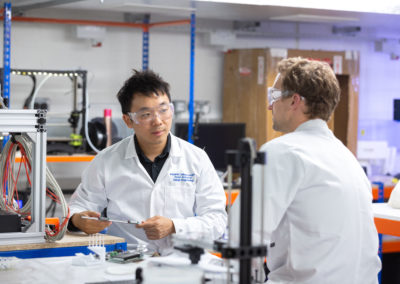
Next 20 years: Additive manufacturing with Dr Billy Wu
In the '20 in 20 series,' we are revisiting academics talks from Tech Foresight conferences over the past eight years. In these short conversations, we discuss with the academic what has happened and hasn't happened since they gave their talk. read more
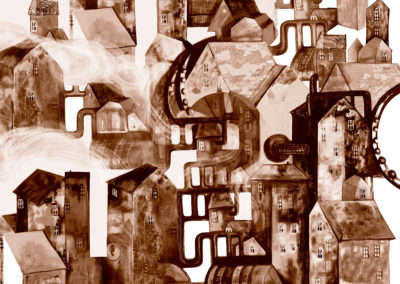
Next 20 years: The importance of time, science fiction and creating space for speculation
At Imperial College London, there has been a history in scientific imagination of the future from Wells anticipating the television and commercial air travel to Professor Murray Shanahan's advisory for the film Ex-Machina. Speculation is not only a helpful exercise; it is vital to create plurality in thinking, testing different hypotheses about the future and imagining alternative possibilities. read more
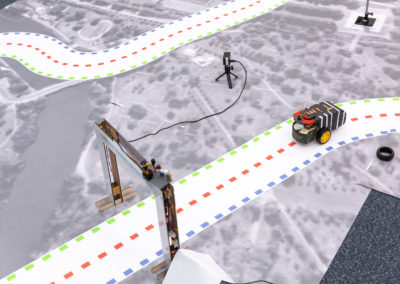
Next 20 years: Future governance – decentralised systems and new management
How may we govern organisations in the future, and what new organisational models will evolve from an increasingly decentralised yet interconnected world? One possible model, Distributed Autonomous Organisations (DAOs), is built on a distributed ledger that can coordinate tasks, information and resource allocation in an efficient, verifiable and permanent way. This very model is also behind what powers cryptocurrencies, which represent a new breed of organisations without the need for hierarchies. We wanted to find out how this decentralised model might impact organisations. read more
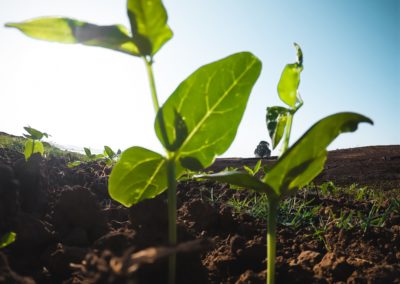
Next 20 years: Future sensing technologies
How might the development of low-cost smart transducers change the future of health, food and environment? Can we tackle food production inefficiencies and waste where it’s most needed? How can we envision the future of collaboration between research and industry? Imperial Tech foresight explored these questions with Dr. Firat Guder, Senior Lecturer at the Department of Bioengineering at Imperial College London. In the conversation, we found an advocate not just for new sensors but for progressive thinking in academics’ roles in bringing research to life to encourage local solutions to global issues. read more
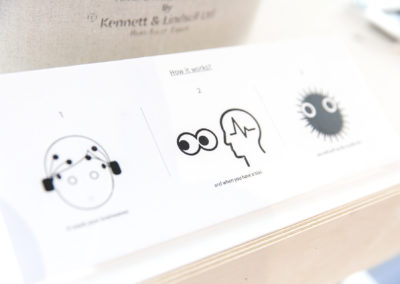
Next 20 years: Responsible engineering and design
The convergence of artificial intelligence, robotics, and big data is heralding a new Industrial Revolution. Every sector of society is being affected by these changes. Amid productivity increases, cost efficiencies and digital transformations, ideas around ethics and responsibility are becoming increasingly important, especially after numerous scandals and public breaches of data. But what does responsible technology mean? And how might this evolve over the next decade? read more
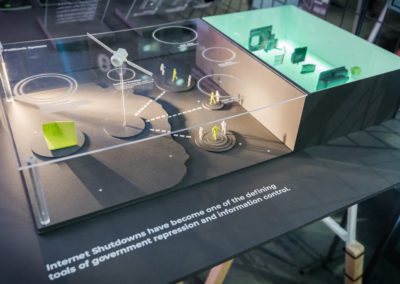
Next 20 years: Is privacy dead?
Over the past years, there has been public scrutiny of large organisations and their issues of privacy from media to singular whistle-blowers. As we allow more devices and systems into our lives; how might this impact us? What are emerging areas that might protect the individual? Imperial Tech Foresight wanted to find out more and met with Dr Hamed Haddedi to discuss the future of user-centred systems, privacy and human-data interaction. read more
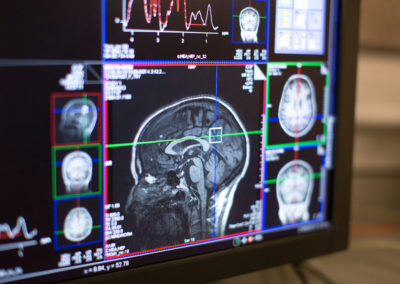
Next 20 years: Bionic devices and living electrodes
Bionic devices have been more prominent in the public eye after entrepreneurs like Elon Musk have publicised their visions on the future impact they might have. But what really is the future of bionic devices and how might they help people living with conditions like deafness and blindness? read more